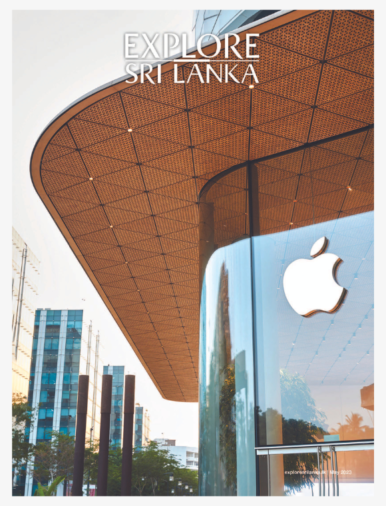-
Editorial
July 2013


In the parlance of mystic poetry, “dissolving boundaries” is a metaphor for transcendental experience and the concomitant unified consciousness of man. When state boundaries dissolve, however, the situation is somewhat different; an influx of people, ideas, ideologies, finances and materials1 is transferred across borders, hitherto impervious to change. Cultural identities begin to morph as national individualities erode in an incessant becoming that heralds the onset of globalization. Promoted as the panacea for all that ails developing nations, globalization, more often than not, is a blanket term that is often used to describe the spread of Western-style culture in Asia and Africa comprising, in the condescending words of Western theorists, the “rest of the world.” But, it must be remembered that globalization proper transcends the self-interest of individual cultures and parametres such as cast, race, cultural religion, nation, state or any other exclusive grouping.
The contemporary global condition comprises a multiplicity of modes through which communities that have forged a sense of national identity respond to forces outside them, both at the bilateral and global level. This stance militates against the master narratives of progress central to Euro-American modernity in order to postulate a postmodern viewpoint of globalization which, instead of destabilizing regional and national identities, simultaneously strengthens them (through their resistivity to the process) and undermines them through the engendering of a “third culture” of transnationals that are oblivious to humankind’s culturally constructed boundaries. The exploitative master narratives that framed us for centuries, we are now beginning to understand, are in reality “self-representations by the dominant particular.”2 In the final analysis, this would be a far more unbiased and balanced rephrasing of the term “mainstream Western culture.”
This issue of “The Architect” examines the phenomenon of dissolving boundaries and globalized local space centred around South and West Asia. An army of transnationals, all architects of Sri Lankan origin, descend on the Sultanate of Oman in order to facilitate the design and construction of two international airports – under the aegis of a Danish firm! A Sri Lankan businessman of Indian origin commissions an Australian firm of architects with offices in both Singapore and Australia to design his city house – the construction of which is managed by a Sri Lankan contracting organization – in an exclusive residential area of Colombo. Two businessmen, one Hindu and the other Moslem, from India and Pakistan respectively, commission Sri Lankan architects to design projects close to their heart.
When boundaries dissolve, true democracy ensues. Ideologies that efface exclusivity in all its negative manifestations come into being giving rise to the nuanced global cities of the future.
Ravin Guneratne











